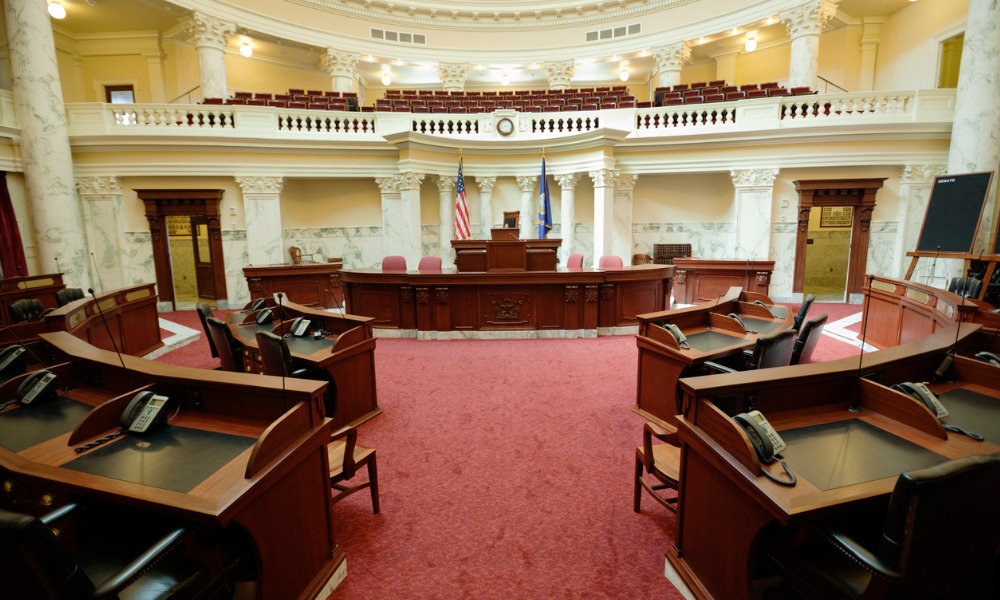
The bill seeks to stabilize the judiciary and address the increasing workload in specific courts

The U.S. Senate has recently approved legislation aimed at converting ten temporary federal district court judgeships into permanent roles, Reuters reported.
The bill, passed by a voice vote, seeks to stabilize the federal judiciary and address the increasing workload in specific courts nationwide.
Introduced by Senators Ted Cruz and Mazie Hirono, both members of the Senate Judiciary Committee, the Federal Judiciary Stabilization Act of 2024 addresses the pressing needs of the judiciary as outlined by the U.S. Judicial Conference. The Conference had previously recommended making these temporary positions permanent to prevent potential disruptions in the judicial process.
The bill's bipartisan nature is underscored by its co-sponsors, including Senate Judiciary Committee Chair Richard Durbin and the committee's ranking Republican, Senator Lindsey Graham. The move to make these judgeships permanent reflects a united effort to fortify the judicial system and ensure its smooth functioning, according to Reuters.
Senator Cruz highlighted the bill's significance, stating, "It will prevent the loss of judgeships Americans rely on, stabilize the structure of the federal judiciary, and strengthen the rule of law by reinforcing the independence of federal judges." His sentiments echo the judiciary's longstanding plea for more resources to handle its caseload effectively.
Among the courts benefiting from this legislation are several key districts, including the Eastern District of Texas, known for its high volume of patent litigation, the Central District of California, and the Southern District of Florida. Other affected areas include the Northern District of Alabama, the District of Arizona, the District of Hawaii, the District of Kansas, the Eastern District of Missouri, the District of New Mexico, and the Western District of North Carolina.
The urgency to solidify these judgeships arises as all ten positions were set to expire later this year, which would prevent the appointment of new judges if current ones left or moved to senior status.
The bill now heads to the Republican-controlled U.S. House of Representatives, where a similar bipartisan bill was introduced earlier in March. With the Senate's backing, there is optimism that the House will act swiftly to pass the legislation. The Administrative Office of the U.S. Courts continues to urge Congress to pass comprehensive judgeship legislation to meet the evolving demands of the nation's legal system.